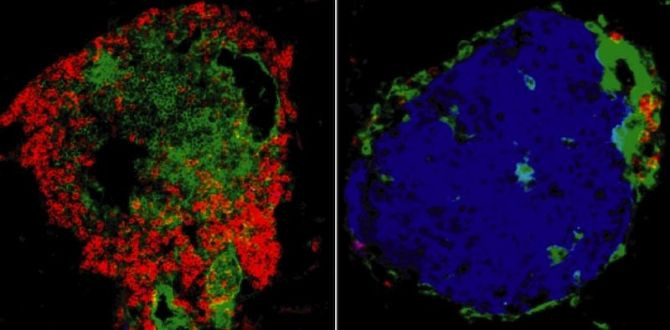New Immunotherapies May Reverse Diabetes

Scientists from the University of North Carolina have discovered that the insertion of certain antibodies can quickly and effectively reverse type 1 diabetes in mice.
Type 1 diabetes is when the body does not create any insulin and is normally diagnosed in children and young adults. It is an autoimmune disease in which the immune cells, T cells, of the body attack the insulin-creating beta cells in the pancreas. Though sufferers from the affliction have to manage their condition there is currently no cure.
Because it is an autoimmune disorder, previous studies on the matter have been faced with a conundrum. When targeting the overactive T cells, scientists do not want to attack the basic T-cells that are necessary for maintaining the body’s basic immune system. In fact, many scientists were unable to target just the overactive ones, possibly leaving a person’s body compromised against infection. The other drawback of previous studies was that the effects were temporary, and the patient's diabetes would return after weeks.
But such studies had nonetheless been promising, so senior study author Ronald Tisch, PhD, professor of microbiology and immunology at UNC, tried to build on them and their use of immunotherapies. At the laboratory at UNC, Tisch and his team focused on items called non-depleting immunotherapies. They bind to two particular proteins in T cells (CD-4 and CD-8) but do not destroy the T cells. His team decided to use those for treatment purposes.
In non-obese diabetic mice (NOD), a simulation for type 1 diabetes, the team found overwhelming success. Within 48 hours, blood sugar levels elevated to normal in some of the mice. Within five days, clinical diabetes had disappeared from 80 percent of the mice. What’s more, two to three weeks after the immunotherapy was delivered, though the non-depleting immunotherapies had left the system, the effects remained for the complete trial of 400 days for the majority of the mice. The researchers also found an increase in T cells.
The results of their study have been published in Diabetes.



























